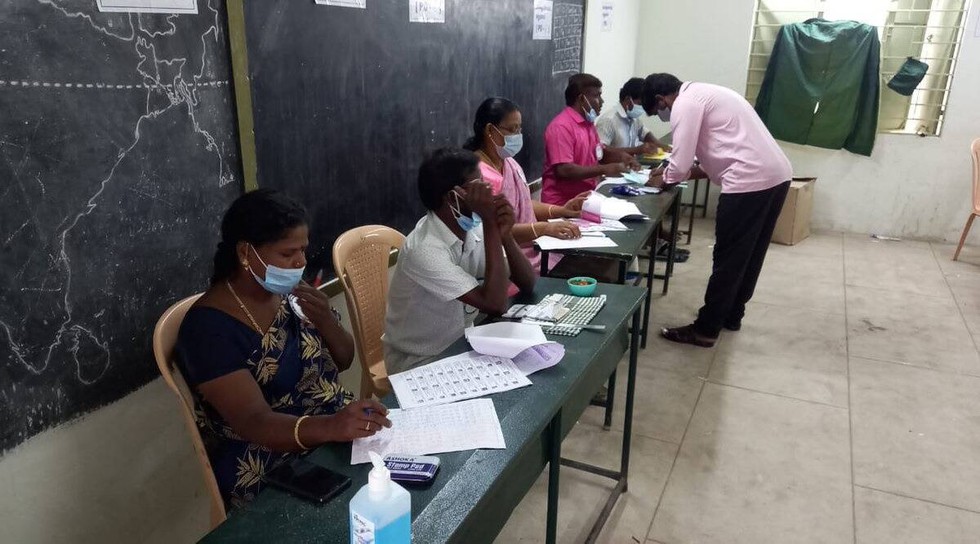Triple test survey in UP
26-08-2023
10:53 AM
1 min read

Overview:
The Allahabad HC recently ordered the Uttar Pradesh government to hold urban local body elections without reservation for OBCs as the 'triple test' requirement for it had not been met.
Triple Test survey
- The five-member commission will conduct a survey to ensure that the OBCs are provided reservation on the basis of the triple test, as mandated by the Supreme Court. This is the first time that the triple test exercise will be carried out in Uttar Pradesh.
- Rapid survey:
- The Urban Development Department of the UP government had on April 7, 2017 issued orders to conduct a rapid survey for determining the population of OBCs.
- Based on such a rapid survey in each constituency of a municipality, seats were reserved in proportion to the population of the backward class of citizens in the constituency/ward concerned.

What is triple test?
- The triple test requires the government to complete three tasks for finalisation of reservation to OBCs in the local bodies. These include:
- To set up a dedicated commission to conduct a rigorous empirical inquiry into the nature and implications of the backwardness in local bodies;
- To specify the proportion of reservation required in local bodies in light of recommendations of the commission, so as not to fall foul of overbreadth;
- To ensure reservation for SCs/STs/OBCs taken together does not exceed an aggregate of 50 per cent of the total seats.
- These triple test/conditions were outlined by the Supreme Court in the case of Vikas Kishanrao Gawali vs. State of Maharashtra and others, decided on March 4, 2021.
Why triple test instead of rapid survey?
- The Lucknow Bench of the Allahabad High Court said that any inquiry or study into the nature and implications of the backwardness with respect to local bodies involves ascertainment of representation in such bodies.
- The court said such an exercise cannot be confined to counting of heads alone, as is being done through the rapid survey.
- The court said simply granting reservation on the basis of population misses a very crucial factor for determination of backwardness, and that factor is political representation of the class or group concerned.
- The High Court quoted the Supreme Court’s observation in the K Krishna Murthy case, which pointed out that the nature of disadvantages which restrict access to education and employment cannot be readily equated with disadvantages in the realm of political representation.
Q1) What is the main aim of reservation policy?
Safeguarding the interest of historically persecuted communities to ensure that they are represented in education, employment, and politics is the main aim of reservation policy.
Source: What is triple test survey, which UP is to carry out for OBC quota in urban local bodies
